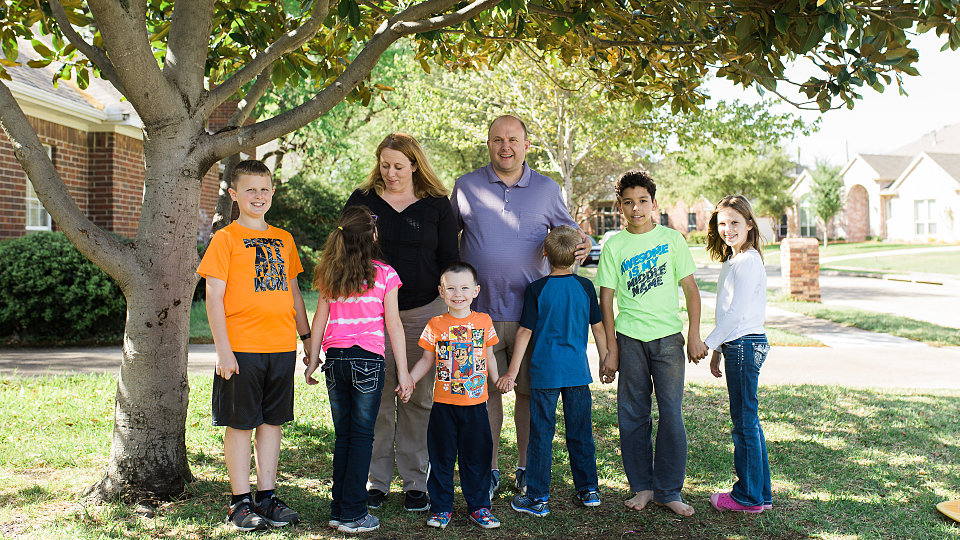Caring for the most vulnerable
All children deserve a family who loves them unconditionally. Oftentimes, the children who stay in foster care the longest are those who need a home where they can receive steady, specialized care called therapeutic care.
Buckner Therapeutic Foster Care serves the most vulnerable children in foster care. Children in the therapeutic foster care program have moderate to significant social, emotional, behavioral or physical needs that require the extra care and attention of a skilled caregiver. Because they may have experienced more trauma with prolonged exposure to abuse and/or neglect and multiple placement moves, sometimes the full extent of their needs isn’t known, so their needs have not been fully treated.
Buckner seeks mission-driven couples who believe foster care is their ministry for licensure as therapeutic foster parents. For those currently licensed as foster parents, the transition from basic needs foster care to therapeutic needs foster care is relatively easy. It requires a continuation of education and training to learn the specifics of therapeutic foster care. Becoming licensed to care for these children is not for everyone, but for some this is the logical next step in their foster care story.
The ideal therapeutic foster family has at least one stay-at-home (or part-time) parent, a deep support system of friends and family and a readiness to learn additional parenting skills. Buckner walks alongside the foster parents through the whole journey to make it as smooth as possible.
Therapeutic foster families must provide a unique balance of structure and flexibility in their home. The flexibility is important because each child will have his or her own set of needs. Once those are established, a routine is imperative to help the children thrive and experience consistency. In fact, in many cases, when children are placed in a stable home, their needs substantially subside.
Brent and Savannah Sorrels experienced this first-hand when they opened their home for therapeutic foster care and welcomed 2-year-old Zach. He was “completely nonverbal,” Savannah says. The Sorrels discovered Zach had not been properly fed and had a high amount of drugs in his blood system when he came to their home. They leaned heavily on their support system – speech therapists, counselors, their Buckner caseworkers and friends – to help them create the best plan for Zach. Through intentional care and routine, Zach is close to reaching the appropriate developmental stage for his age.
“We’ve learned over the years of fostering that there’s not a fix, but there’s the continual question, ‘How do we meet his needs?’” Savannah said.
The Sorrels did not stop their therapeutic journey after Zach, but continued to open their home. Two more children were placed in their home with significant emotional and mental needs. Brent and Savannah knew these children needed permanent homes, so they adopted all three children. Together with their biological children, they now have six children.
“I never thought I would take in children with special needs,” Brent said. “But God puts it on your plate and it’s certainly biblical to do that. It’s been a conviction for us that we’re supposed to do that.”
Written by Kayln Grider, an intern with Buckner Communications.




Add a Comment